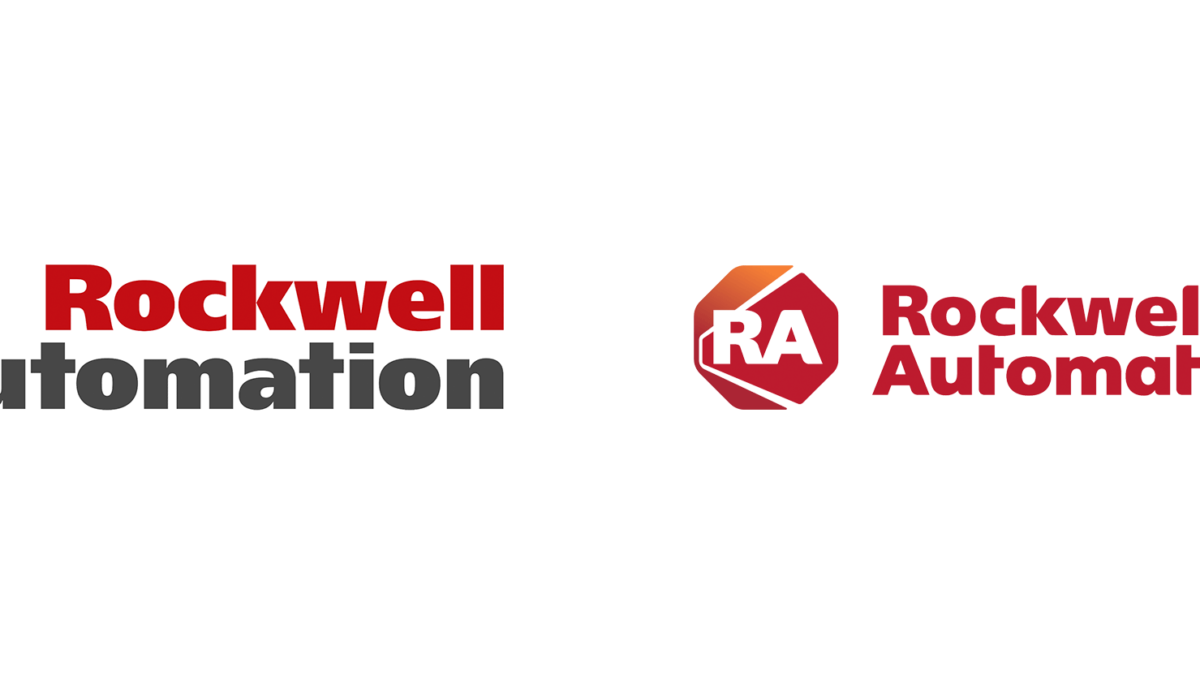1. EXECUTIVE SUMMARY
- CVSS v3 8.8
- ATTENTION: Low skill level to exploit
- Vendor: Rockwell Automation
- Equipment: RSLinx Classic
- Vulnerability: Incorrect Permission Assignment for Critical Resource
2. RISK EVALUATION
Successful exploitation of this vulnerability could allow a local authenticated attacker to execute malicious code when opening RSLinx Classic.
3. TECHNICAL DETAILS
3.1 AFFECTED PRODUCTS
The following versions of RSLinx Classic PLC communications software are affected:
- RSLinx Versions 4.11.00 and prior
3.2 VULNERABILITY OVERVIEW
3.2.1 INCORRECT PERMISSION ASSIGNMENT FOR CRITICAL RESOURCE CWE-732
An authenticated local attacker could modify a registry key, which could lead to the execution of malicious code using system privileges when opening RSLinx Classic.
CVE-2020-10642 has been assigned to this vulnerability. A CVSS v3 base score of 8.8 has been assigned; the CVSS vector string is (AV:L/AC:L/PR:L/UI:N/S:C/C:H/I:H/A:H).
3.3 BACKGROUND
- CRITICAL INFRASTRUCTURE SECTORS: Critical Manufacturing, Energy, Water and Wastewater Systems
- COUNTRIES/AREAS DEPLOYED: Worldwide
- COMPANY HEADQUARTERS LOCATION: United States
3.4 RESEARCHER
Rockwell Automation working with Applied Risk reported this vulnerability to CISA.
4. MITIGATIONS
For Versions 3.60 to 4.11, Rockwell Automation recommends users apply patch 1091155. Affected users are encouraged to apply the most recent version of RSLinx Classic.
CISA recommends users take defensive measures to minimize the risk of exploitation of this vulnerability. Specifically, users should:
- Minimize network exposure for all control system devices and/or systems, and ensure that they are not accessible from the Internet.
- Locate control system networks and remote devices behind firewalls, and isolate them from the business network.
- When remote access is required, use secure methods, such as Virtual Private Networks (VPNs), recognizing that VPNs may have vulnerabilities and should be updated to the most current version available. Also recognize that VPN is only as secure as the connected devices.
CISA reminds organizations to perform proper impact analysis and risk assessment prior to deploying defensive measures.
CISA also provides a section for control systems security recommended practices on the ICS webpage on us-cert.gov. Several recommended practices are available for reading and download, including Improving Industrial Control Systems Cybersecurity with Defense-in-Depth Strategies.
Additional mitigation guidance and recommended practices are publicly available on the ICS webpage on us-cert.gov in the Technical Information Paper, ICS-TIP-12-146-01B–Targeted Cyber Intrusion Detection and Mitigation Strategies.
Organizations observing any suspected malicious activity should follow their established internal procedures and report their findings to CISA for tracking and correlation against other incidents.
CISA also recommends users take the following measures to protect themselves from social engineering attacks:
- Do not click web links or open unsolicited attachments in email messages.
- Refer to Recognizing and Avoiding Email Scams for more information on avoiding email scams.
- Refer to Avoiding Social Engineering and Phishing Attacks for more information on social engineering attacks.
No known public exploits specifically target this vulnerability. This vulnerability is not exploitable remotely.
Source:


Stay connected